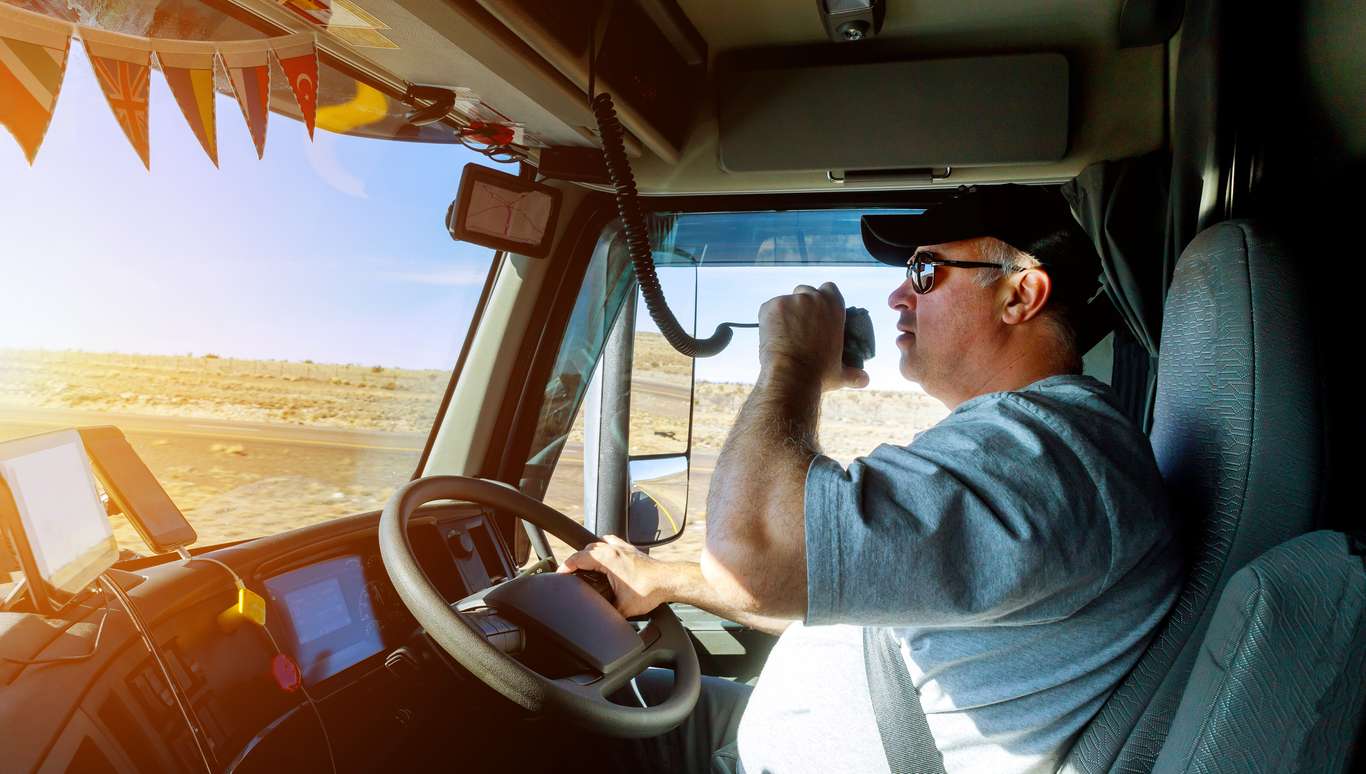
The cargo backlog in California recently reached peak levels as the port continues to be overwhelmed.
The driver shortage is one of the major contributing factors to the backed up freight at California’s ports. Being an issue that directly relates to the trucking community, the backlog has sparked much debate and discussion - and unfortunately, some outrage.
To help you form your own opinion, we’ve put together a comprehensive summary of the situation from a trucking industry perspective.
The backlog is contributing to inflation
According to this post by CBS Los Angeles, up to 500,000 shipping containers are waiting to be offloaded in the ports of LA and Long Beach.
This much stagnant freight will likely mean emptier shelves and increased prices as supply decreases and demand increases.
CBS also reports frustration brewing among local truck drivers, who are urging the docks to speed up wait times.
It’s a complete supply chain issue
Every link in the supply chain is overwhelmed by the demand for imported consumer goods. This is more than a driver shortage issue - this issue includes rail companies, retail companies, dock workers, and more. Though the port congestion in California is dramatic and unmistakable, it is not a local issue, but rather a side-effect of an international issue.
Some of the reasons for why the international supply chain is struggling to keep up:
- The pandemic continues to reduce productivity of factories in Asia and makes transport and logistics more expensive.
- Capital infrastructure, meaning railways, roads, dams, subways, etc. are outdated.
- Shipping containers supply is not meeting the demand.
- Essential raw materials are running low.
- Work from home setups and retirements triggered by the pandemic have made the shortage of essential workers worse - worldwide.
Consumer behavior during the pandemic didn’t help
The pandemic and the COVID delta variant are large contributors to the global supply chain crisis. The impact of the pandemic on the global supply chain can be summarized quite simply:
Throughout the last year and a half, consumer purchasing and sales increased as transportation hubs slowed down and the overall workforce decreased.
Thanks to the wonderful marketing power of fear, the pandemic caused a buying-boom that overwhelmed the workforce and managed to jam up one of the world’s largest ports.
Port backups are causing pile ups and pollution in nearby LA neighborhoods
“The communities nearest the port and along the truck routes that serve the port are mostly low-income communities of color,” said David Pettit, a senior attorney with the Natural Resources Defense Council (NDRC), to the Guardian earlier this month. “They are taking the brunt of the pollution burden while all of us are benefiting from cheap flat-screen TVs from China or Korea or whatever is in those containers.”
that warehouses are filling up and containers are spilling over into the streets.
From the article: “City officials are looking for vacant lots where they move some of the shipping containers to try and ease congestion here in the neighborhoods.” "People can't get out of their driveways because the trucks are all along the street," said Veronica Acosta, a Wilmington resident.
At least 80,000 new drivers are needed
The CEO of the American Trucking Association, Chris Spear, recently expressed that 80,000 more truck drivers are urgently needed to combat the driver shortage.
The lack of truck drivers to move freight is a large contributor to the current supply chain chaos witnessed in California and other ports.
With an industry that’s notorious for having a high turnover, it’s no surprise that truck drivers are constantly moving around in search of better pay, benefits, and working conditions.
Getting new drivers into the profession is challenging enough with insurance rules and regulations, as most companies are unable to hire drivers without a minimum of 2 years of verifiable experience.
What do you think would help bring more drivers into the profession, and how can the existing workforce mobilize to help solve this crisis?
Leave a comment on our Facebook post and tell us what you think.